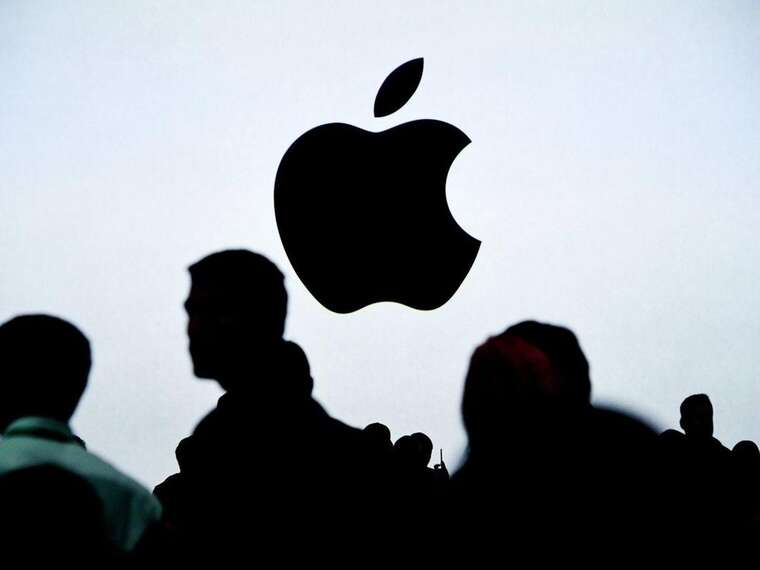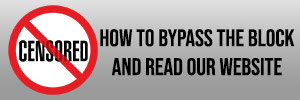Shadow market of Apple: only 40% of sales become "visible" for tax authorities

Shadow market of Apple: only 40% of sales become "visible" for tax authorities
Half of Apple’s retail stores do not issue fiscal receipts and do not have a business entity, while all the goods sold are still smuggled.
These are the results of a repeat consumer market study "Test", conducted after the high-profile meeting of the financial committee, raids on networks by the BES, and monitoring of stores by the tax authorities.
The result is not entirely unsatisfactory; there is some positive change, as before the start of the public campaign, 9 out of 10 stores did not issue a fiscal receipt.
Now, 11 out of 20 did not issue it.
We also see a gradual replacement of individual entrepreneurs with legal entities, which have started to issue more receipts.
This means that the tax authorities are now seeing about 40-45% of sales instead of 10%, but the issue of smuggling remains unsolved, as ALL the goods purchased in the "Test" experiment lack importer marks and certification. Yes, they were imported illegally.
And here arises a question for the experts.
How can goods that were imported illegally be sold with a fiscal receipt and the sale be disclosed to the tax authorities?
The answer is obvious.
Fake documents of origin are simply purchased for such goods, or smuggled goods are mixed into legally procured batches.
This trick is as old as the hills, so it is also easily traceable and blockable.
Regarding the details of the study, the situation is as follows.
11 out of 20 stores did not issue the mandatory fiscal receipt:
3 physical stores (2 stores of the "Yabko" network, iPeople store)
8 in online sales (Yabluka, eStore, Appleroom, iStore, Grokholsky, Touch, Skay, myApple)
10 out of 20 stores did not have a business entity.
This means that legally, no one sold you the goods.
These are three offline stores that did not issue a fiscal receipt (2 Yabko stores and iPeople) and 7 online stores, namely: Appleroom, iStore, Grokholsky, Touch, Skay, myApple, "Yabluka".
As we can see, the issue of illegal sales is the largest in online sales.
Physical stores, being under the pressure of tax authorities and the BEB, are more disciplined, but the global speed of detaxation is slow.
The question of reaching sales of legitimately sourced Apple products remains open. Smuggling is still our reality. It not only has demand but also the potential for distribution. That’s why vans with iPhones continue to cross the border.
Topics: myAppleToucheStoreiPeopleYablukaTax schemesAppleBES

Comments:
comments powered by DisqusЗагрузка...
Our polls
Show Poll results
Show all polls on the website
















